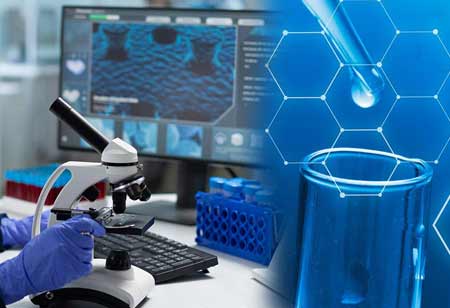The Healthcare sector has already gained tremendous traction by using neurotechnologies to diagnose conditions, facilitate rehabilitation, and control prosthetics.
FREMONT, CA: The impact of new technologies will likely fade compared to adopting brain-computer interfaces (BCIs) devices that record, process, analyze, or manipulate brain activity. It seems that BCIs may be the last kind of user interface that humans will be able to create for computers. It is hard to imagine anything more seamless than connecting a computer to the brain. Making computer interactions more intuitive and seamless can bring huge benefits and transformative potential.
Neurotechnologies, more broadly, are still relatively new and have already gained tremendous traction in areas such as healthcare by being used to diagnose medical conditions, facilitate rehabilitation, and control prosthetic devices. Neurotechnology and neurodata use mature, and with them come difficult questions about how to address potential privacy and consumer welfare challenges. Technological and policy safeguards are designed to target these risks by policymakers, researchers, and other stakeholders.
A lot of the solutions to neurotechnologies' challenges are technical. There are several technical guardrails that stakeholders should adopt to ensure the

